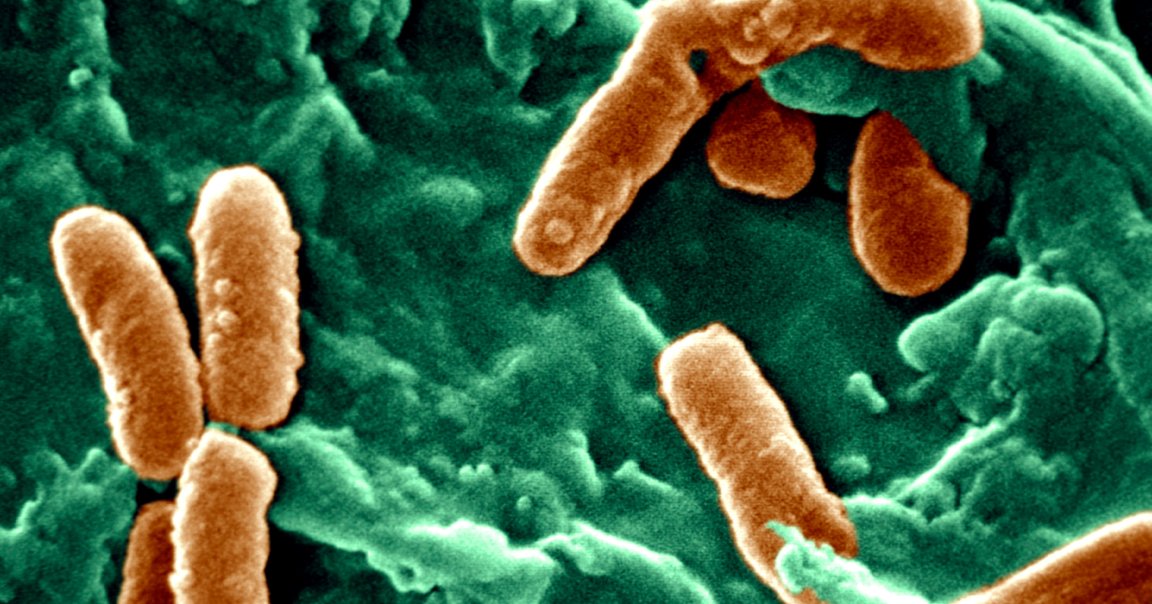
A nasty bacterial superbug that kills hundreds of thousands of people per year is spreading through hospitals — and it feeds on something surprising, scientists have now found.
Researchers from the Brunel University of London have found, per a new study in the journal Cell, that the bacterial Pseudomonas aeruginosa appears to “digest” medical plastic.
Associated with more than 559,000 deaths globally per year, this drug-resistant bug is, according to the Center for Disease Control and Prevention, believed to cause other illnesses like pneumonia or urinary tract infections. People often seem to develop it after surgery, but until this study, researchers weren’t aware that it might be living or feeding on medical plastics.
By analyzing a strain of the bacteria taken from a patient’s wound swab, the microbial researchers found that P. aeruginosa seems specifically to survive longer on polycaprolactone, a plastic used in all kinds of medical interventions ranging from sutures, stints, and surgical mesh to wound dressings, drug-delivery patches, and implants.
In Brunel University’s press release about the “world-first” research, study leader Ronan McCarthy said this finding suggests that medical professionals should rethink how bugs spread throughout hospitals and other healthcare settings.
“Plastics, including plastic surfaces, could potentially be food for these bacteria,” McCarthy said. “Pathogens with this ability could survive for longer in the hospital environment.”
The study also, as the professor noted, “means that any medical device or treatment that contains plastic” — including the ventilators some pneumonia patients need and catheters necessary for UTIs — “could be susceptible to degradation by bacteria.”
Beyond its ability to break down such important medical tools, the researchers also found that the enzyme they isolated appears to grow stronger biofilms, or outer layers that help bacteria resist antibiotics and make them harder to treat, after digesting plastic.
Though there will obviously need to be more study to figure out how best to head off this plastic-eating menace, there’s a 200-year history of pathogenic adaptation behind P. aeruginosa that suggests it may eventually circumvent any such measures.
Still, McCarthy pointed out that scientists “need to understand the impact this has on patient safety.”
“Plastic is everywhere in modern medicine,” he said, “and it turns out some pathogens have adapted to degrade it.”
More on bacteria: Mysterious Bacteria Not Found on Earth Are Growing on China’s Space Station